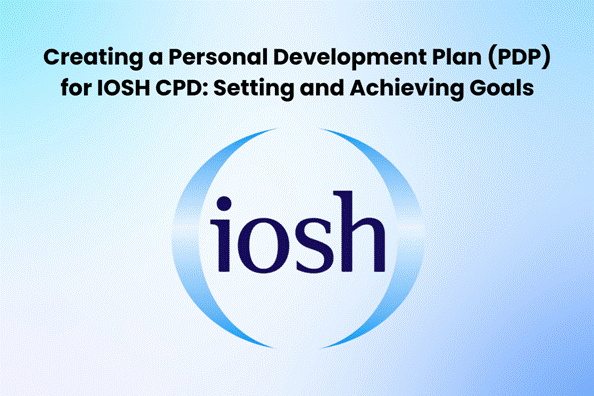
Discover The Creamy And Comforting World Of Clam Chowder
The popular name in the realm of soup is clam chowder which originated in the northeastern United States. Due to...

Green Vegetables| A Culinary Journey Adds Flavour And Health Benefits
Green vegetables are also called leafy greens, pot herbs, leaf vegetables or simply greens. These are the plant leaves eaten...

Cornbread Casserole | Boost The Meals With Creamy And Delicious Feels
Cornbread casserole is truely the most delicious stuff. Try it and realise how easy it is to prepare. Truely it...

Beef Jerky | Discover Flavors And Nutrition With Chronology
If you are hiking in the mountains or on a road trip or require prompt protein consumption, beef jerky will...

Pardon My Cheesesteak| A Pickup And Delivery Cheesesteak Restaurant
Millions of hungry listeners worldwide are satisfied with Pardon My Cheesesteak, an innovative concept for pickup and delivery-only restaurants spread...

Chicken Salad Chick | Discover Fresh Flavors Chicken Salads & More
Just imagine! If you can add your preferred salad with a full-proof dish, what type of choice will be, for...

World Gym San Diego Reviews | A Complete Fitness Community
A comprehensive World Gym San Diego reviews and studies stand as a pillar of health and wellness in the local...

Xalitoliw | Know About The Versatility Of A Natural Sweetener
Preferences for sugary items among all people around the globe may not be the perfect choice, particularly those having many...

Creating a Personal Development Plan (PDP) for IOSH CPD: Setting and Achieving Goals
Starting a professional development journey is an important step in one’s career. Comprehensive IOSH Courses from the Institution of Occupational...
